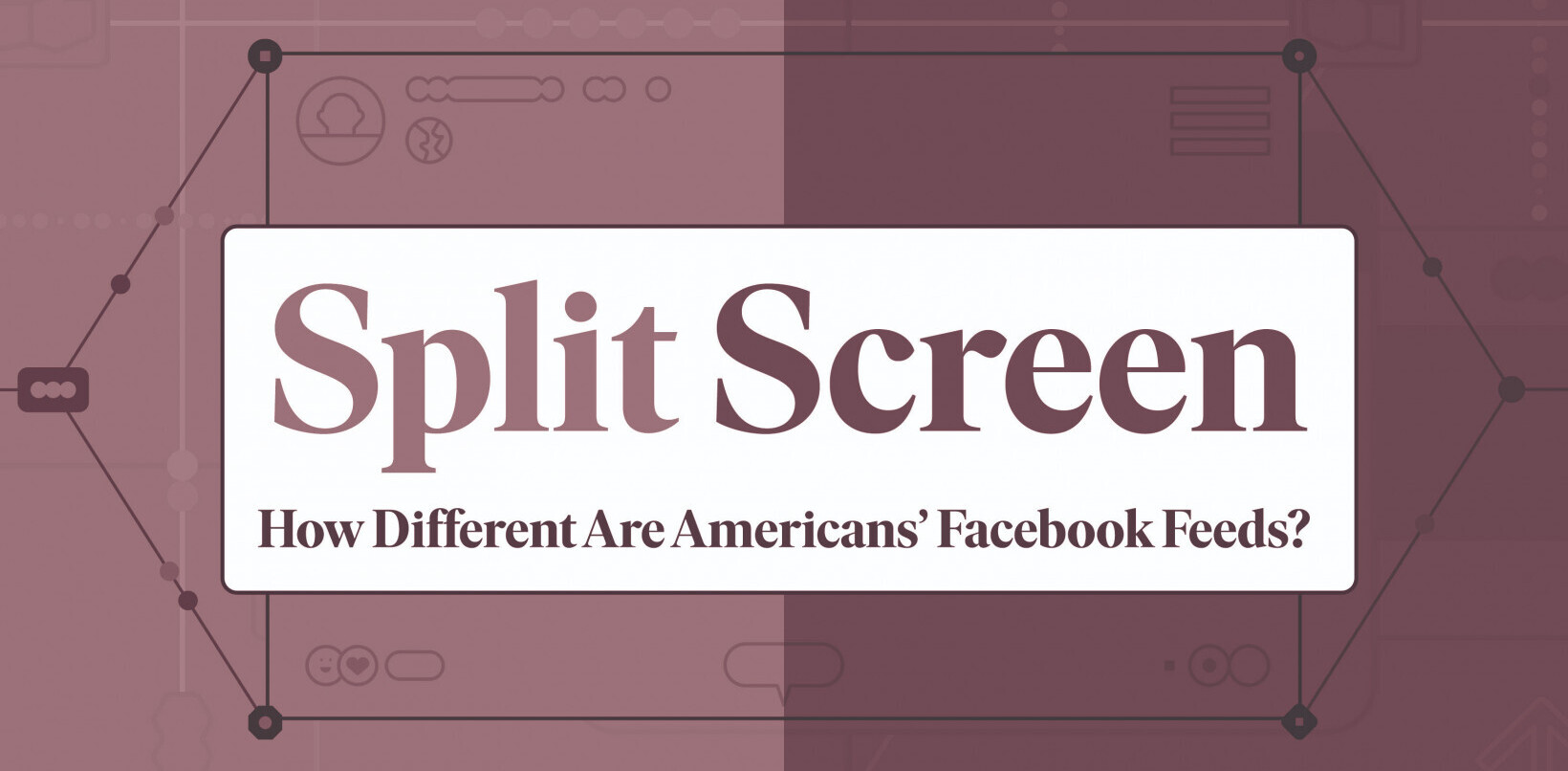
Facebook has gone ahead and done it. The company begun hiding the number of likes that posts have received, starting today in Australia.
You will see “John Doe and others” instead of “John Doe and 15 others” under your post. App researcher Jane Manchun Wong uncovered this test from a beta version of the social network’s app, earlier this month.

A Facebook spokesperson said the company is testing this to understand if it improves the site’s user experience:
We are running a limited test where like, reaction, and video view counts are made private across Facebook. We will gather feedback to understand whether this change will improve people’s experiences.
In April, Facebook-owned Instagram commenced a test to hide likes from posts in Canada. Later in July, it extended the program to five more countries: Australia, Brazil, Ireland, Italy, Japan, and New Zealand.
Facebook’s Australian head of policy, Mia Garlick, said the company took this step based on feedback from mental health experts:
Certainly, a large part of the driver for this is based on feedback from wellbeing researchers, and we’ve certainly had positive comments from mental health experts, and there is evidence that if you can see other people’s like counts, then that can impact how you’re interacting on the platform.
The company is hoping to encourage “people [to] interact with each other in constructive ways,” instead of focusing on the validation they receive in the form of likes and reactions.
As my colleague, Abhimanyu argued earlier in his piece on getting rid of the follower count from social media, numbers such as likes, followers, and retweets can cause anxiety, depression, and loneliness.
It’s too early to tell whether this move will achieve ‘constructive interactions’ among Facebook users. For a lot of people, likes represent validation and translate to a hit of brain-pleasing dopamine; turning that valve off could lead to users spending less time on the site.
Get the TNW newsletter
Get the most important tech news in your inbox each week.





